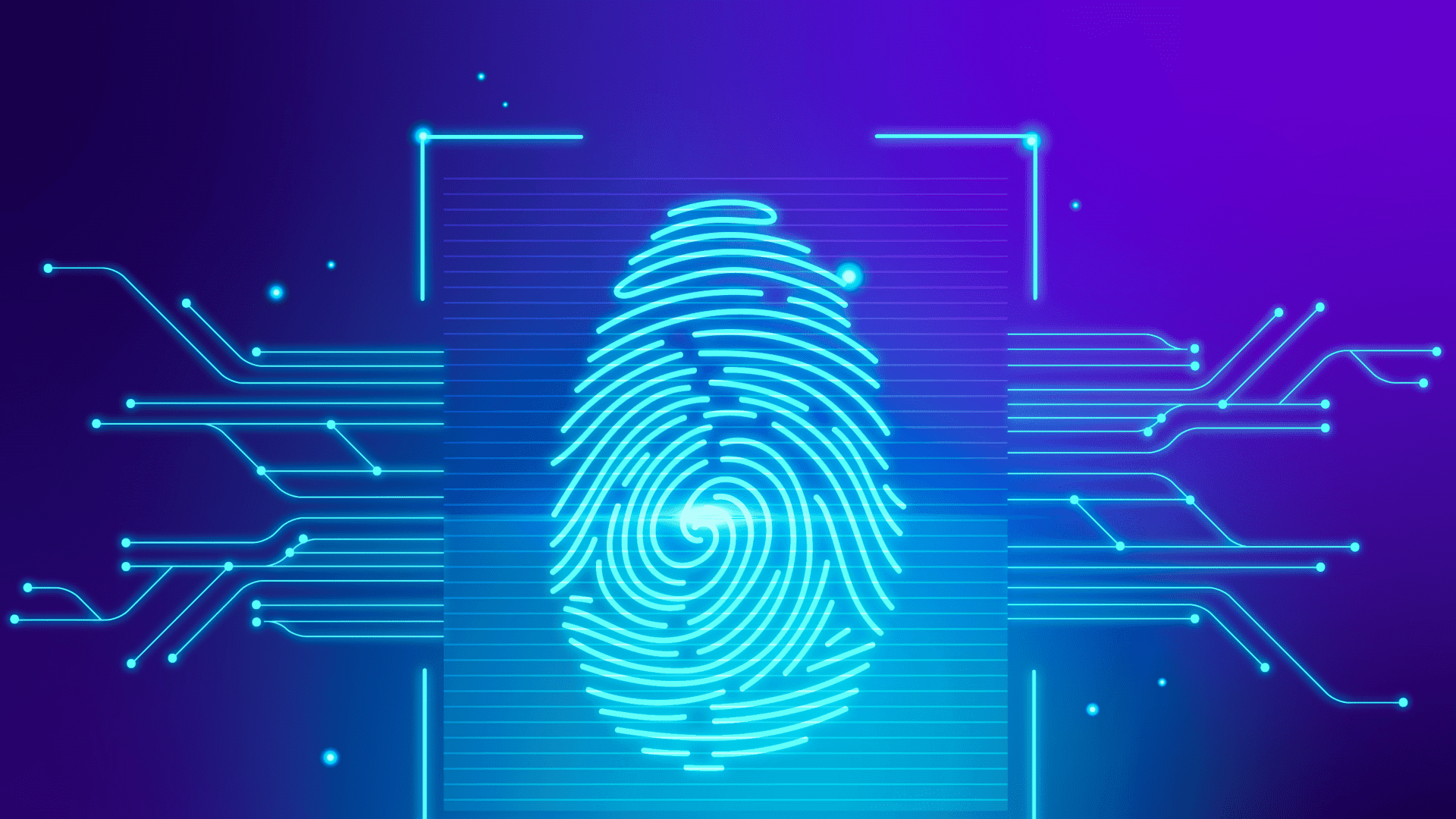We won the Hedera India Hackathon 2024, jointly hosted by The Hashgraph Association and Information Data Systems (IDS)! Click here to learn more.
We won the Hedera India Hackathon 2024, jointly hosted by The Hashgraph Association and Information Data Systems (IDS)! Click here to learn more.

Back
In an age defined by relentless technological evolution, our lives have seamlessly integrated into the complex web of the digital world. From social interactions to financial transactions, our activities are increasingly finding their home online. Yet, this digital transformation is not without its challenges, particularly concerning identity and privacy. As our lives migrate into this digital sphere, ensuring the security and authenticity of our identities becomes crucial. This is exactly where decentralized identity emerges as a game changer for the landscape of digital citizenship.
As reported, nine Bangladeshi nationals were recently apprehended in Mumbai, India for illegal stay and fraudulent activities, including the obtaining Aadhaar cards and PAN cards with fake documents and the illegal transfer of money to Bangladesh.
This incident underscores the critical need for a robust and secure identity management system. Breaches in such systems can lead to identity theft, financial loss, and various other problems.
Enter decentralized identity, a game changer for the landscape of digital citizenship.
Revolutionizing Identity Management: A Shield Against Fraud and Illegal Activities
Traditionally, digital identities have been stored and controlled by centralized structures. This centralized approach poses significant risks, where breaches can lead to identity theft, financial loss, and an array of other problems. Decentralized identity, on the other hand, operates on the bedrock of blockchain technology. It allows individuals to reclaim control over their digital identities, free from the clutches of a central authority. Blockchain ensures security and transparency by storing data across a distributed network of computers. This decentralized approach to identity management has the transformative potential to revolutionize the way we perceive and protect our digital selves.
Decentralized identity extends a profound empowerment to individuals. In our current digital landscape, personal information is often surrendered to various platforms, with trust placed in them to safeguard it. Decentralized identity alters this paradigm fundamentally. It empowers individuals to own, manage, and authenticate their identities without relying on intermediaries. This not only grants people greater control but also mitigates risks associated with centralized databases. Your personal data retains its essence — personal.
Fortifying Digital Fortresses
In the digital age, security, privacy, and efficiency stand as non-negotiable pillars. Decentralized identity, fortified by advanced cryptographic techniques, exemplifies an impregnable fortress of security. Each user, armed with a unique digital signature, safeguards their identity without exposing sensitive data. Breaching this network proves an insurmountable challenge, thanks to blockchain’s robust security measures. Decentralized identity not only repels identity theft and fraud but also champions privacy. By enabling users to share minimal, essential information for transactions, it revolutionizes the digital landscape. No longer subjected to constant surveillance, individuals navigate online spaces with newfound confidentiality. Additionally, this paradigm shift simplifies digital engagement. Picture a world where having many passwords is like using outdated things. This new way of managing identity puts everything together, giving one key to access lots of different things. It’s a mix of being safe, private, and quick, showing a future where people easily and securely control their online lives.
A Glimpse from Bhutan: A Beacon of Digital Identity
Bhutan has embraced decentralized identity as a foundation of its digital initiatives. Through Self-Sovereign Identity (SSI), Bhutanese citizens now have a secure and private way to verify their identities online. This innovation not only enhances the efficiency of public services but also preserves the sanctity of individual privacy, aligning seamlessly with the nation’s Gross National Happiness philosophy.
The Road Ahead
While the potential of decentralized identity is vast, challenges persist. Further development and refinement are necessary to ensure seamless integration into existing systems. Moreover, legal and ethical considerations surrounding identity management need thoughtful addressal. However, amidst the complexities of digital citizenship, decentralized identity emerges as a light of hope.
In conclusion, decentralized identity is more than a mere technological innovation; it signifies a paradigm shift. It embodies a future where individuals reclaim control over their digital lives, privacy becomes a tangible reality, and the digital world follows the values of autonomy and security. As we move deeper into the digital age, embracing a decentralized identity isn’t just a choice but becomes a necessity. It is the foundation upon which a safer, more private, and more efficient digital citizenship can be meticulously built.
In the world of decentralized identity, AYANWORKS is committed to delivering innovative services that empower both individuals and institutions to confidently navigate the digital landscape.
You can contact us here. You can follow us to get updates in the future.
Join the Conversation: Your Thoughts?
What are your thoughts on decentralized identity and its potential to revolutionize digital citizenship, refuge management and illegal migration? Share your ideas in the comments below. Let’s brainstorm solutions together!
© 2015 - 2024 AYANWORKS Technology Solutions Private Limited